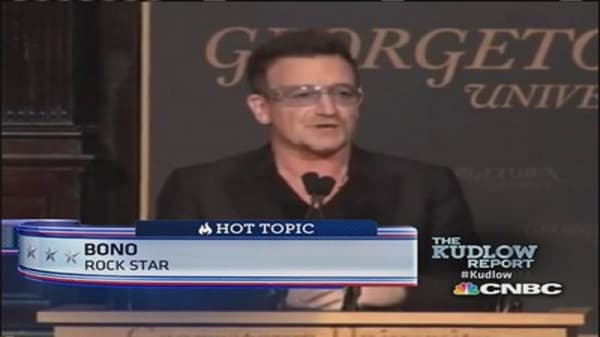Simon Cowell might not seem like the most charitable of celebrities. But with the pending birth of his son, Cowell is making it clear that his $350 million fortune will be given to charity rather than his children.
"I'm going to leave my money to somebody. A charity, probably—kids and dogs," he told the Mirror. "I don't believe in passing on from one generation to another."
Granted, his plans for "kids and dogs" aren't as rigorous as, say, Bill Gates' aim to use his money to eliminate malaria in Africa. But with his statement, Cowell joins a growing number of rich Britons who are turning their backs on the U.K.'s longstanding traditions of primogenitor and inheritance and instead opting to assist the less fortunate (or at least, the four-legged).
(Read more: When to tell the kids they're rich)
Cowell said he'd prefer to be remembered for helping others become successful rather than helping his kids stay rich.
"Your legacy has to be that hopefully you gave enough people an opportunity so that they could do well, and you gave them your time, taught them what you know," he said.





